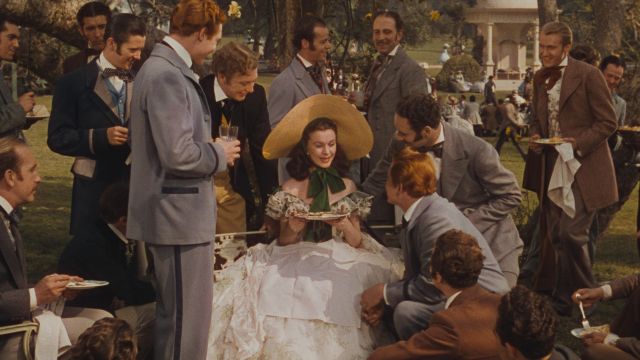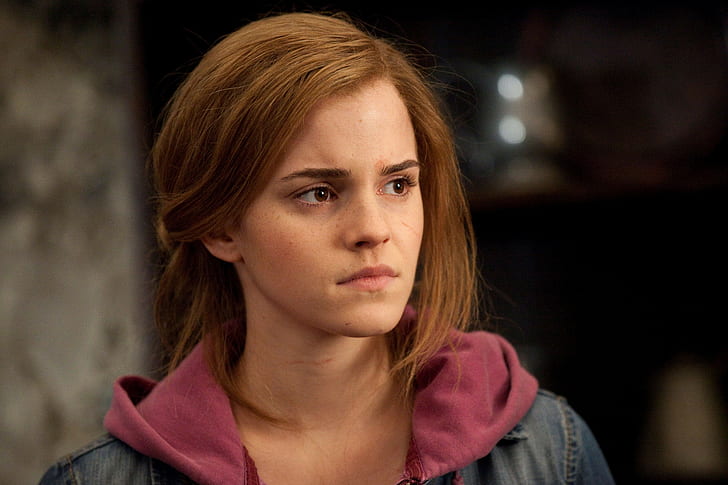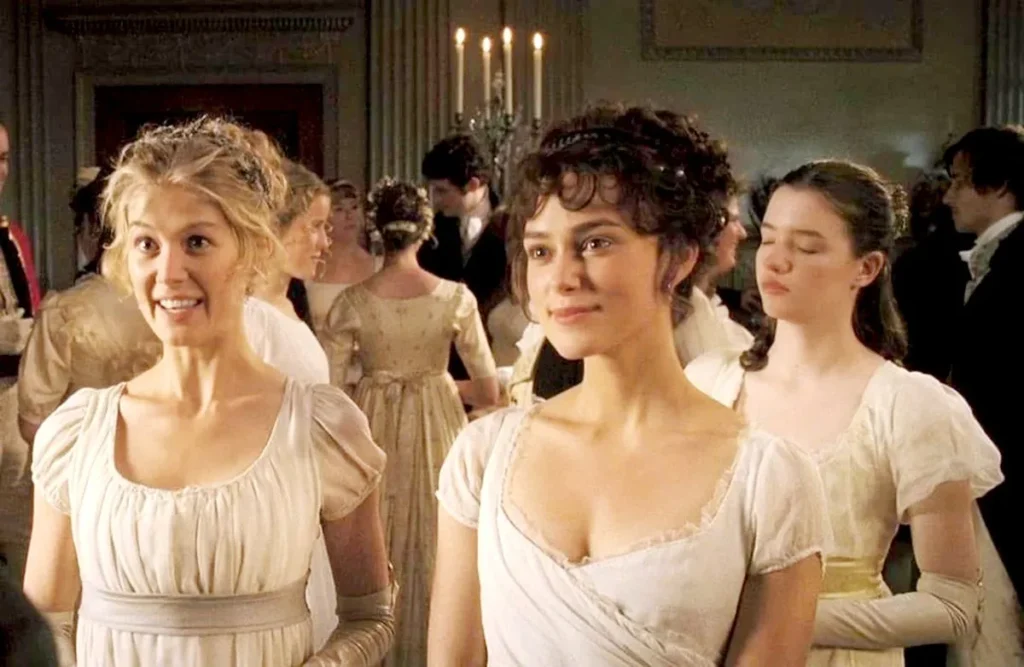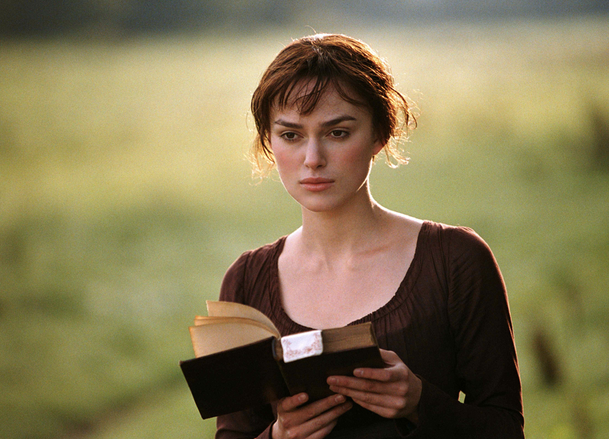I spent the last month digging into some feminist works like Roxane Gay’s Bad Feminist and Rebecca Solnit’s Men Explain Things To Me. Some of these authors’ experiences struck a chord, leaving me to reflect on the representation of feminists in fiction. How did some of my favorite heroines balance both femininity and feminist ideals?


My adolescent self looked up to characters like Pride and Prejudice’s Elizabeth Bennet, Gone With The Wind’s Scarlett O’Hara, and Harry Potter’s Hermione Granger, who are intelligent, obstinate, and true to themselves. When we first meet them in their stories, they can come off arrogant. They are action-oriented women who often take the lead in their own lives, rejecting societal expectations, and making decisions that men can’t or won’t. In the real world, these traits may be off-putting (arrogant), even unlikeable. However, all these characters’ strong, independent, “masculine” traits are veiled by their feminine appearances and demeanors. Hermione Granger may only be feminine in appearance, but masculine in her sharp wit, foresight, and intelligence that gets her trio of friends out of very difficult situations. All three characters were inspiring models for a younger me, who aspired to be a woman who had her own mind, too. They seem to represent an ideal proportion of feminine and masculine traits and wield them when best fitting. And that begs the question: Why do women often have to tightrope the boundary between vulnerability and aggression while balancing self-confidence and fear of rejection in both hands? It is a difficult task.
In Pride and Prejudice, Elizabeth is a stark contrast to her ultrafeminine sister, Jane. Their opinions, interactions with men, tone of voice, and manner of dress are polar opposites. Jane’s demure demeanor attracts the attention of most men in any room, Mr. Bingley no exception; Elizabeth is considered abrasive for her sassy commentary and refusals to play social charades. Scarlett O’Hara and Hermione Granger are also presented to us as feminine in appearance, perhaps even in some mannerisms. Yet, Elizabeth, Scarlett, and Hermione all have the vigor, independence, wait-for-no-one attitude that we all adore in our feminist heroines. These very traits are also typically masculine, the very kind that the heteronormative and binary lens advises women to refrain from if she is to have a healthy romantic relationship with a man. Why do our characters need to veil their masculine traits, their desires for equality, with the sparkly sheen of femininity, as if it were some weapon to conceal and pull out only as needed? Is the very act of doing so considered feminist? I have so many questions.

In Manimozhi’s study published in the Malaya Journal of Matematik, Feminism and feminist writers, she dissects the duality of feminism and femininity that occludes Elizabeth’s ability to navigate her world: “Although Elizabeth is viewed as a witty and intelligent Character, she is often left connected to the romance rather than being viewed as her own independent person. Elizabeth embodied feminine morality but noted characteristics about herself that are distinctly masculine.”
Here’s what makes me uncomfortable about our heroines’ positions in fiction. Perhaps the feminine traits that our characters carry in their fictional worlds allow them a shield of privilege, the kind that lets them get the guy at the end. In the real world, might we call this pretty privilege? Male characters like Richard Papen or Dorian Gray can be devious, sociopathic, murderous, even ugly, and we would praise them for their complexity and unfettered authenticity. On the other hand, unfeminine feminist characters like Amy Dunne are written off as unlikeable, even crazy (although I’d be remiss if I didn’t acknowledge the hordes of us readers who adored her), perhaps victorious, but alone and undesirable.
I don’t doubt that the varying degrees and subgroups of feminism are forces at play here. I would have loved to grow up with fictional heroines who were a little bit more untamed, unwieldy, and unbothered. The rules are different for girls in both the fictional and real worlds, as Roxane Gay says, and while that’s changing, I hope the change is not stifled for other young girls who grow up in the world of books.
If you grew up with any amazing, feminist characters, please share them below!

